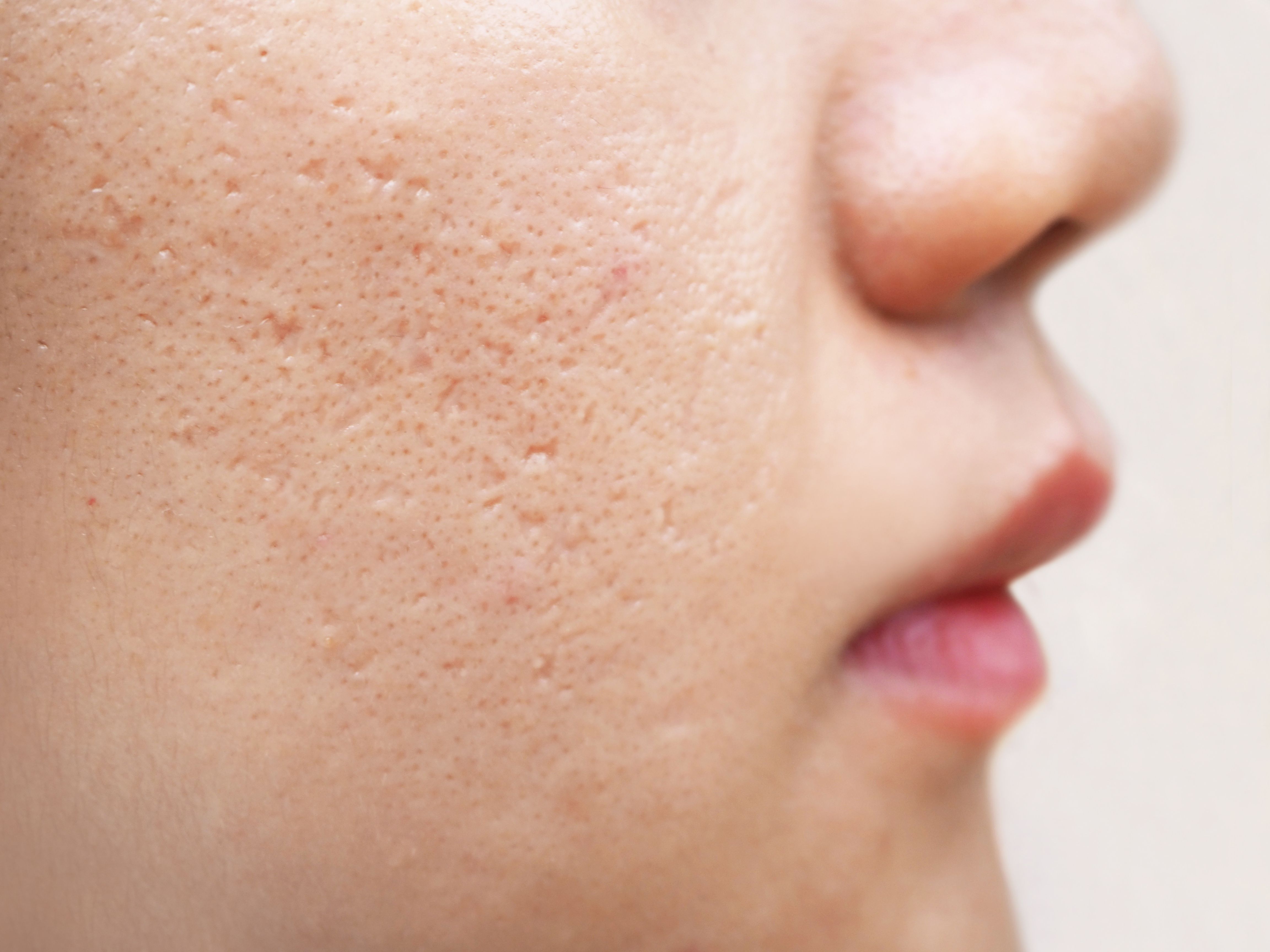- Acne
- Actinic Keratosis
- Aesthetics
- Alopecia
- Atopic Dermatitis
- Buy-and-Bill
- COVID-19
- Case-Based Roundtable
- Chronic Hand Eczema
- Chronic Spontaneous Urticaria
- Drug Watch
- Eczema
- General Dermatology
- Hidradenitis Suppurativa
- Melasma
- NP and PA
- Pediatric Dermatology
- Pigmentary Disorders
- Practice Management
- Precision Medicine and Biologics
- Prurigo Nodularis
- Psoriasis
- Psoriatic Arthritis
- Rare Disease
- Rosacea
- Skin Cancer
- Vitiligo
- Wound Care
Article
Medication adherence comes down to cost
Author(s):
Dermatologists should discuss cost and insurance coverage concerns with patients to boost adherence to acne medication, researchers report in JAMA Dermatology.
Dermatologists should ask patients whether they have concerns about paying for acne medication that has been prescribed and whether it will be covered by insurance coverage, a study published in JAMA Dermatology suggests.i
The study found that two-thirds of patients who do not adhere to their acne medication wish to take the drugs but cannot afford to fill the prescription and that most do not tell their physician.
It is known that non-adherence to acne medication is a huge problem. In the U.S. as many as one-third of prescriptions issued are not even picked up from a pharmacy within three months, and most physicians are unaware that these patients are not starting treatment because only a handful of patients admit to it.ii
To gain a greater understanding of why patients are not starting treatment to highlight whether there is anything physicians can do to boost rates, researchers at the University of Pennsylvania in Philadelphia undertook in-depth interviews with patients who admitted not adhering to acne treatment.
“Despite anticipating insufficient insurance coverage, patients were reluctant to address concerns with physicians and generally did not expect physicians to be knowledgeable in this area. Physicians who discuss medication costs and provide a concrete alternative plan may be able to improve primary adherence among their patients,” said Dr. Jules B. Lipoff, from the University of Pennsylvania and Penn Medicine University City in Philadelphia.
Using patient electronic records, the researchers identified 385 patients prescribed acne medication by four dermatology practices in the Philadelphia area between Aug. 1, 2016 and Nov. 3, 2016.
Patients were excluded if they had previously been prescribed the medication, did not speak English, or could not be reached by telephone in two attempts. A total of 38 of these 318 patients admitted to not taking the medication, and 26 agreed to be interviewed.
Most of the 26 patients were women (19; 73%) women, six were aged <26 years (23%), 15 were aged 26-40 years (58), and five were aged >40 years (19%). Almost all of the patients had been prescribed topical medications (25/26) and one had been prescribed an oral antibiotic.
Two thirds of the patients interviewed (17/26) said that they had intended to fill their prescription but had been unable to do so because of the cost. Eleven of the patients (42%) said that that they would have had to pay high out-of-pocked costs in order to obtain the drug and 10 (38%) said that their insurance did not cover the drugs. Half of patients (14 of 26) admitted being surprised by the high cost of the medicines prescribed when they went to the pharmacy to pick them up.
Some health insurance will only cover certain medications if the prescribing physician has obtained prior authorisation, and one in five patients (5/26) reported issues with this authorisation process, such as communication problems between the physician’s office and pharmacy staff, or confusion about their own role in the process.
Most patients did not raise their concerns about the cost of the drug with their physician or expect he or she to know the price of the drug prescribed or whether it was covered by insurance.
In some cases, the physician had become aware of the problems the patient was facing trying to access the medication and had tried to intervene. These interventions included asking patients to call back (7%), suggesting shopping around pharmacies to try and find the medication at a lower price (7%), suggesting an alternative medication if the first choice was not covered by the patient’s insurance (7%), and offering coupons to subsidize the cost (4%).
While some patients appreciated a frank discussion around cost and being offered a back-up alternative if the medication prescribed was not covered by their insurance, other suggestions such as to shop around at different pharmacies or to call the office were not so well received.
While cost of medication was the key issue for most patients who had not filled their prescription, the results also showed that a third of patients (10 of 26) had concerns about the treatment itself. These concerns included possible adverse effects (4/26 ), that their acne was not severe enough to warrant prescribed medication (3 of 26), unwillingness to start a medication considered “strong” (2 of 26 ), a desire to try a homeopathic treatment (1 of 26).
“Recent trends in insurance coverage and medication prices may have led to higher out-of-pocket costs, especially in dermatology,” Dr. Lipoff said.
The prices of 46% of common generic medications in dermatology increased by more than 100% between 2011 and 2012, and prices of branded acne medication increased by 195% between 2009 and 2015.
Dr. Lipoff said that the study found that “patients are concerned about out-of-pocket costs of prescribed acne medications but do not discuss costs with physicians” and highlighted “the burden prior authorization places on patients.”
I. Ryskina KL, Goldberg E, Lott B, Hermann D, Barbieri JS, Lipoff JB. The Role of the Physician in Patient Perceptions of Barriers to Primary Adherence With Acne Medications. JAMA Dermatol. 2018; doi: 10.1001/jamadermatol.2017.6144
II. Richmond NA, Lamel SA, Braun LR, et al. Primary nonadherence (failure to obtain prescribed medicines) among dermatology patients. J Am Acad Dermatol. 2014;70(1):201-203.
Newsletter
Like what you’re reading? Subscribe to Dermatology Times for weekly updates on therapies, innovations, and real-world practice tips.











